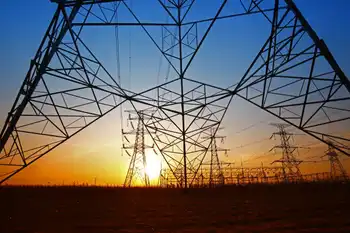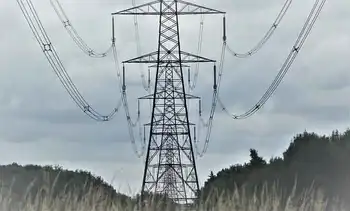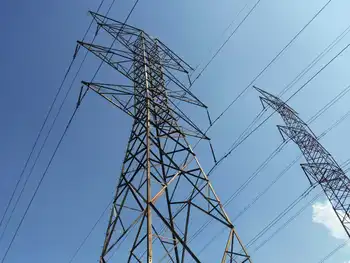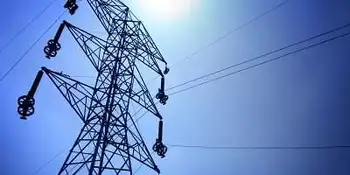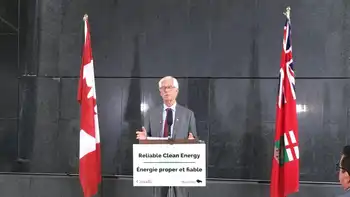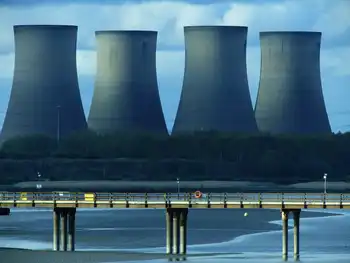Iraq invites France back to build nuclear plant
By Agence France-Presse
NFPA 70e Training
Our customized live online or in‑person group training can be delivered to your staff at your location.

- Live Online
- 6 hours Instructor-led
- Group Training Available
"We have had very good relationships with French companies," the minister told AFP in an interview.
"I am willing to enter into contacts with the French nuclear agency and to start to build a nuclear power plant, because the future is nuclear," he said. "This is my perspective."
Under former dictator Saddam Hussein, Iraq sealed a 1976 deal with France to build the Osirak nuclear reactor, where construction started in 1979.
But in June 1981, during the Iran-Iraq war, Israel sent warplanes to bomb the unfinished reactor south of the Iraqi capital, charging that Saddam's aim was to build nuclear weapons.
Then French premier Jacques Chirac cultivated a special relationship with Iraq during the 1970s. As French president two decades later, he opposed the U.S.-led invasion which toppled Saddam over alleged weapons of mass destruction.
"France has not shown up yet (in post-Saddam Iraq). They will come hopefully," said Wahid, adding that France, whose President Nicolas Sarkozy visited Baghdad on February 10, had "been a good friend to Iraq."
"My coming here is to tell French companies: the time has come, come and invest," Sarkozy told a joint news conference with Prime Minister Nuri al-Maliki on the first ever visit to Iraq by a French president.
Sarkozy said a large French business delegation would follow him to Baghdad by the end of the summer. Defence, energy and water were all key sectors for cooperation with Iraq, he said.
"We are ready to listen to the requests of the Iraqis."
Wahid also invited French companies to invest. "We have many projects to be announced for investments," he said, singling out "power generation investment called IPP," or independent power producers.
Sweeping away the Saddam era, the government last year sold and transported its uranium concentrate — or "yellow cake," which is partially processed uranium ore — to Cameco of Canada.
"We no longer need this material accumulated by the former regime," Iraqi government spokesman Ali al-Dabbagh told AFP.
Oil-rich Iraq, which has the world's third largest known reserves but whose budget has been hit by the slump in world prices, still has to clean up the last radioactive waste at the former plant.





